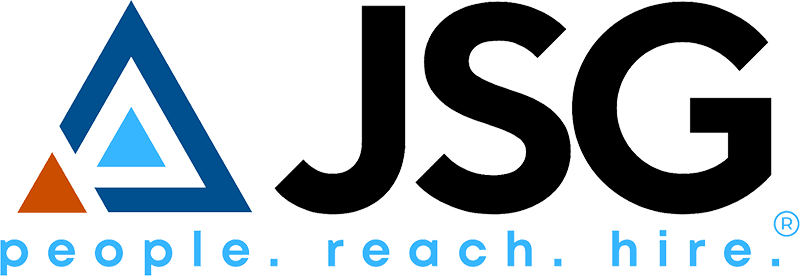
What Recruiters Want You to Know
Recruiters spend their entire workdays talking to job applicants. They see many great candidates and a lot of. . .not so good applications. There are some

How To Avoid Application Burnout
When looking for a job, it is tempting to hop on Indeed, ZipRecruiter, or LinkedIn and just start sending your resume to every company possible.

Should You Apply To Multiple Jobs At The Same Company At Once?
You’re browsing job boards, and you see that your dream company is hiring. Even better, they’re hiring for a position that matches your skillset! Wait,

Should You Apply To Multiple Jobs At The Same Company At Once?
You’re browsing job boards, and you see that your dream company is hiring. Even better, they’re hiring for a position that matches your skillset! Wait,

Why You Aren’t Getting Job Interviews
It was recently reported that there are approximately 10.9 million job openings in the United States currently. Yet, some candidates are still submitting resume after resume only

Why You Aren’t Getting Job Interviews
It was recently reported that there are approximately 10.9 million job openings in the United States currently. Yet, some candidates are still submitting resume after resume only



